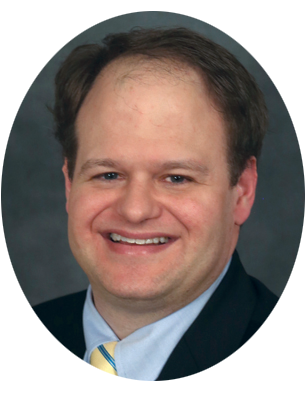 Dr. Jake Hebert will be speaking on “Created Cosmos or Big Bang?†at the campus of Missouri University of Science & Technology on Thursday, September 29th. In this presentation Dr. Hebert will assess the claims of astronomers and cosmologists who adhere to the Big Bang model of the origin of the universe. Dr. Hebert addresses the claim that most matter in the universe is exotic and unseen, the idea that other universes exist, inflation theory, and more.
Dr. Jake Hebert will be speaking on “Created Cosmos or Big Bang?†at the campus of Missouri University of Science & Technology on Thursday, September 29th. In this presentation Dr. Hebert will assess the claims of astronomers and cosmologists who adhere to the Big Bang model of the origin of the universe. Dr. Hebert addresses the claim that most matter in the universe is exotic and unseen, the idea that other universes exist, inflation theory, and more. Despite the optimism of its proponents, the Big Bang model is in serious trouble and a far weaker scientific explanation of the cosmos than the model of Biblical creation. No mere intellectual query, the issue of origins entails profound existential implications and relates to the central message of the Christian faith.
Attendees will be welcome to participate in a civil Q&A session with Dr. Hebert following the presentation.
This in-person event is free and open to the public and is being sponsored by the Christian Campus Fellowship.
Date: Sep 29, 2022
Schedule7:00 p.m. - “Created Cosmos or Big Bang?â€
Location
Schrenk Hall Classroom G3
Missouri S&T
Rolla, MO 65409
For more information about this event, please call 214.615.8333 or email events@icr.org.
For further information on the topic, please consult these articles and their referenced sources:
PROBLEMS WITH THE BIG BANG:
Does Science Support the Big Bang?
Dark Matter, Sparticles, and the Big Bang
Does the Cosmic Microwave Background Confirm the Big Bang?
Big Bang Fizzles under Lithium Test
Universe’s “First†Stars Are Missing?
Continuing Troubles for the Big Bang Model
Astronomy Magazine: Big Bang in Crisis?
Big Bang Blowup at Scientific American
Most Distant Rotating Disk Galaxy Challenges Secular Models
Hiding from God in the Multiverse
EVIDENCE FOR A YOUNG UNIVERSE:
Hot Neptune Atmosphere "Shouldn't Exist"
"Hot Jupiter" on the Verge of Destruction
New Exoplanet's Year Is Just 16 Hours
DISTANT STARLIGHT:
Teachable Minds and Scientific Discovery
Seeing Distant Starlight in a Young Universe



